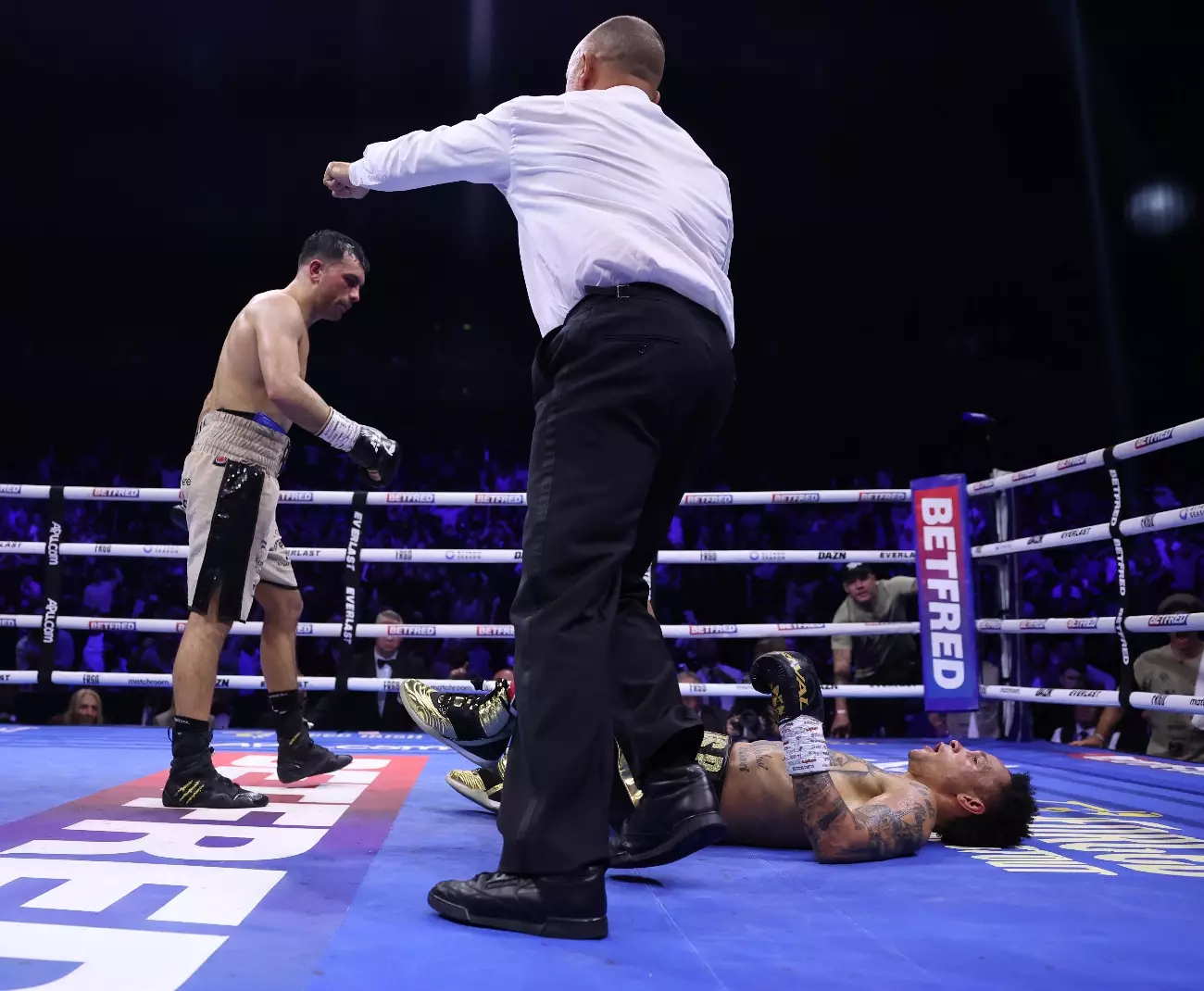The world of boxing is not just about the fighters in the ring; it also revolves heavily around the promoters who shape their careers. Recently, Eddie Hearn faced scrutiny from Oscar De La Hoya following the disappointing performance of Regis Prograis against Jack Catterall. Prograis, a former champion, lost by unanimous decision, marking a concerning trend in his career that had already seen a previous defeat at the hands of Devin Haney. This situation brings to light critical questions regarding matchmaking, promotional strategies, and the consequences on an athlete’s career trajectory.
Regis Prograis has long been seen as a potential star in the sport, boasting a significant resume with 29 wins, including 24 knockouts. However, his recent performances raise questions about the effectiveness of his matchup selections. After signing with Matchroom, Prograis expected to gain the exposure and opportunities that come with a high-profile promoter. His loss to Catterall, though disappointing, can be seen as a pivotal moment where Prograis seemed to gamble on his status as a fighter, ultimately facing increased resistance rather than the promising bouts that the initial deal might suggest.
Hearn’s claims that Prograis has “made an absolute fortune” certainly resonate on the surface; however, financial gain does not equate to career growth or personal fulfillment in sports. The dichotomy between monetary success and athletic prowess illustrates a disconnection that could tarnish Prograis’s legacy.
The back-and-forth between Hearn and De La Hoya underscores a deeper rivalry that is both personal and professional. De La Hoya’s criticism of Hearn’s matchmaking suggests a belief that some fighters are being poorly managed, leading to undesirable outcomes. The claim that Prograis’s career has been “ruined” by questionable matchmaking raises alarms regarding the integrity of promoter-fighter relationships. De La Hoya’s own experiences as both a promoter and a champion lend weight to his observations, positing that he might have navigated Prograis’s career more carefully.
Hearn’s counterarguments, where he dismisses De La Hoya’s comments as a reflection of a “salty” disposition, reveal a defensive posture. This hostility may suggest that Hearn is not entirely comfortable with the criticism directed at his promotional style. If the fighters’ well-being and career management are at the mercy of promotional disputes, the ramifications could lead to a decline in the sport’s integrity.
As Prograis moves forward from this setback, the evolving dynamics of boxing promotions pose significant challenges. The reality is that every fighter is bidirectional; they must also assume responsibility for the choices they make inside and outside the ring. Prograis’s decision to face Catterall in Manchester shows ambition but also reflects the sometimes reckless nature of competitive sports, where glory can quickly turn into downfall.
In the end, the narrative surrounding Prograis isn’t solely about his defeats—rather, it emphasizes the volatile intersection of personal ambition, promoter ethics, and the potential fallout that involves not just money but legacy. As boxing continues to shuffle through the complexities of its promotional structure, the emphasis must live on fostering optimal outcomes for fighters who give their all, wishing that what is done in the boardroom translates into victories in the ring.

